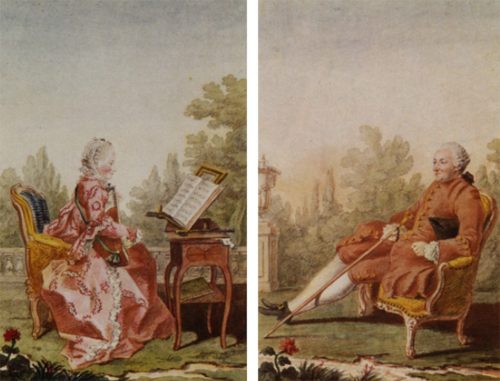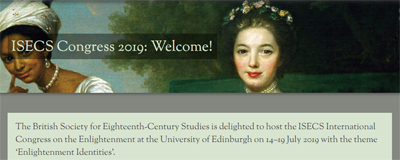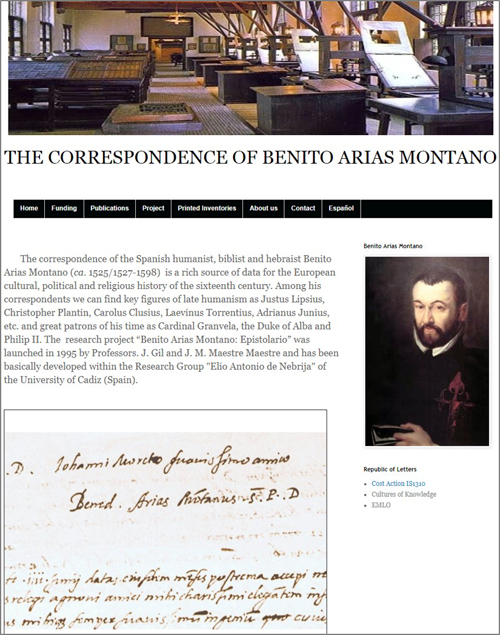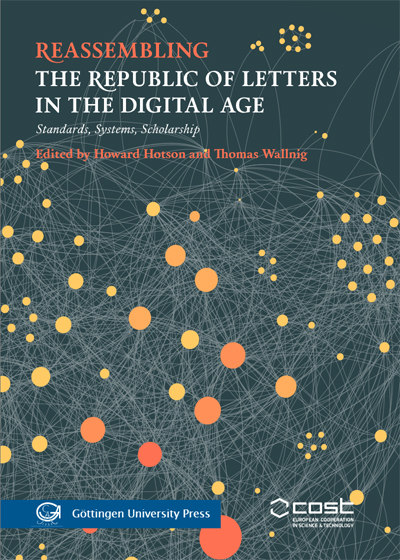Who would not welcome a hearty dose of hope and of happiness? The work of the philosopher whose correspondence listing is the latest to be added to EMLO provides us with one potential path: ‘live happily’ and ‘make others happy’ were two tenets, according to Paul-Henri Thiry, Baron d’Holbach (1723–1789), that individuals should keep close and hold dear.

Portrait of Charlotte Suzanne d’Aine (left) and Paul-Henri Thiry d’Holbach (right) by Louis Carmontelle. 1766. Water-colour. (Musée Condé, Chantilly; source of image: Wikimedia Commons)
The inventory of d’Holbach’s correspondence, released to coincide with ‘Enlightenment Identies’, the ISECS International Congress on the Enlightenment 2019, which took place earlier this month at the University of Edinburgh, has been compiled by Dr Ruggero Sciuto of Hertford College, Oxford. Together with the Voltaire Foundation, and with funding from the Andrew W. Mellon Foundation, Dr Sciuto is preparing a digital edition of the complete works of the German-born, but French-naturalized, philosopher. As work on the edition progresses and further letters come to light, this listing will be enlarged and the metadata in EMLO expanded and enhanced, and updates will be showcased in future posts on this blog.
Details of all the papers and round-tables that took place at the Congress in Edinburgh may be found online (where the eagle-eyed will spot an appearance by the Cultures of Knowledge project director Professor Howard Hotson, who took part in a discussion entitled ‘Expanding digital eighteenth-century studies’). And over the coming months, here at EMLO, we look forward to following the progress of the Digital D’Holbach project.



